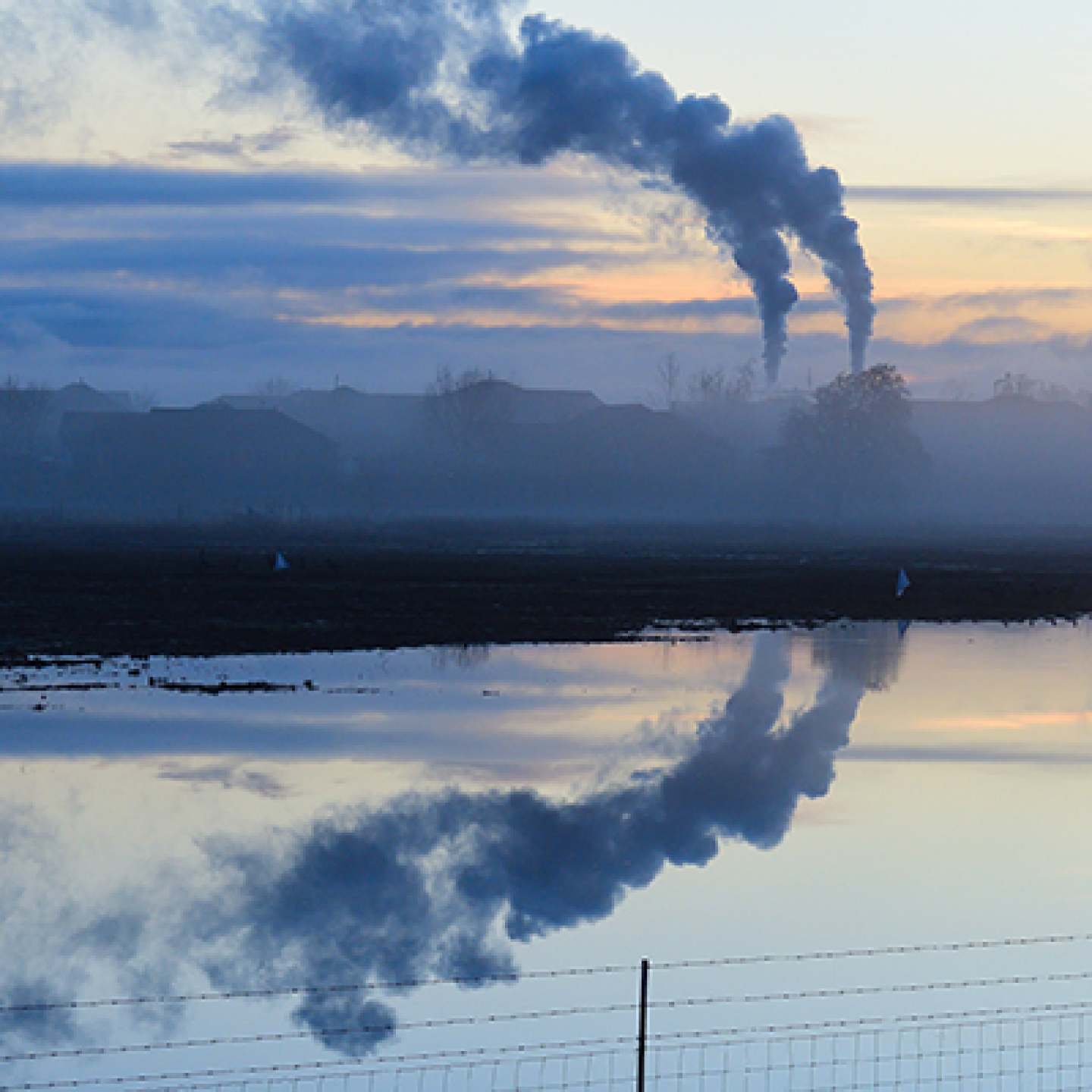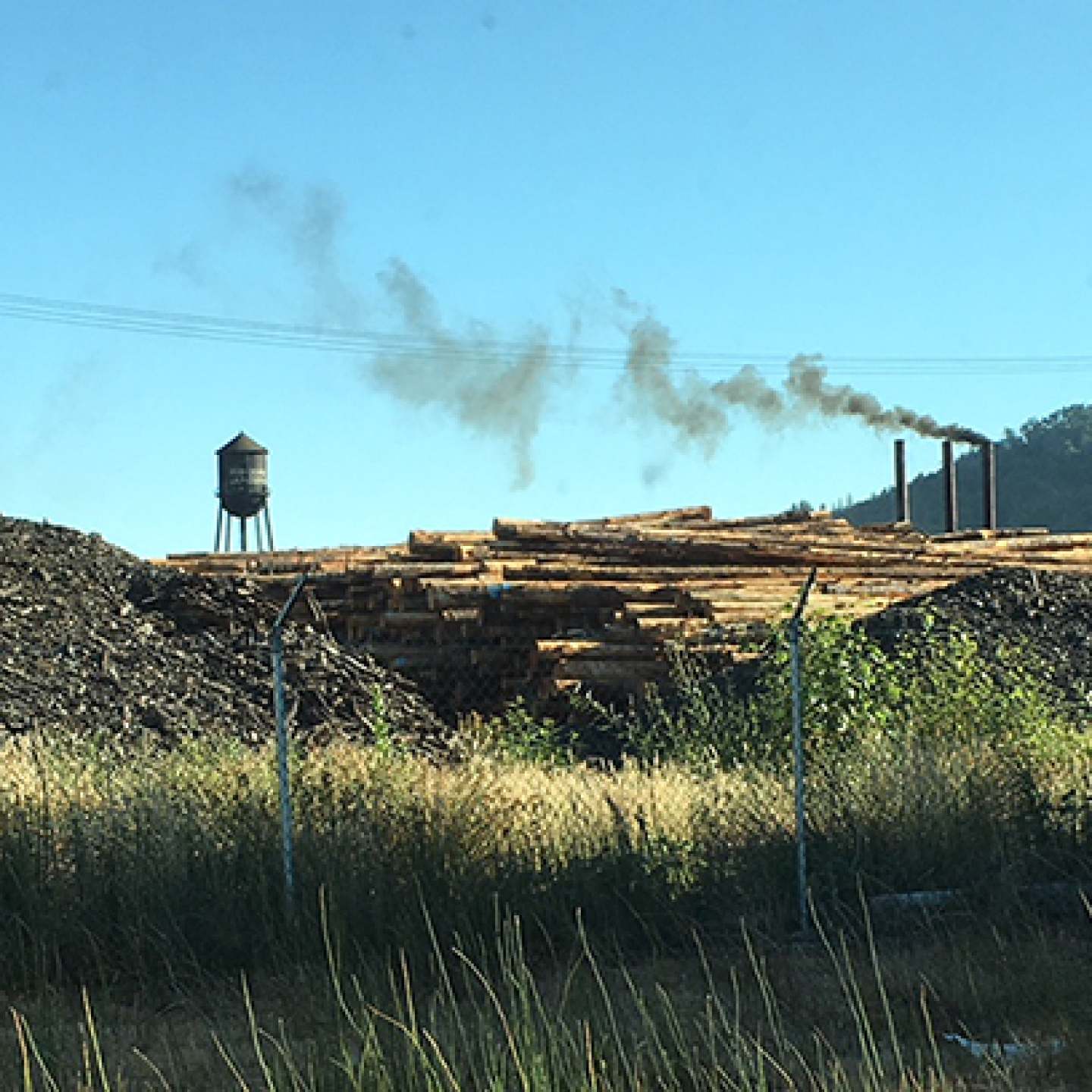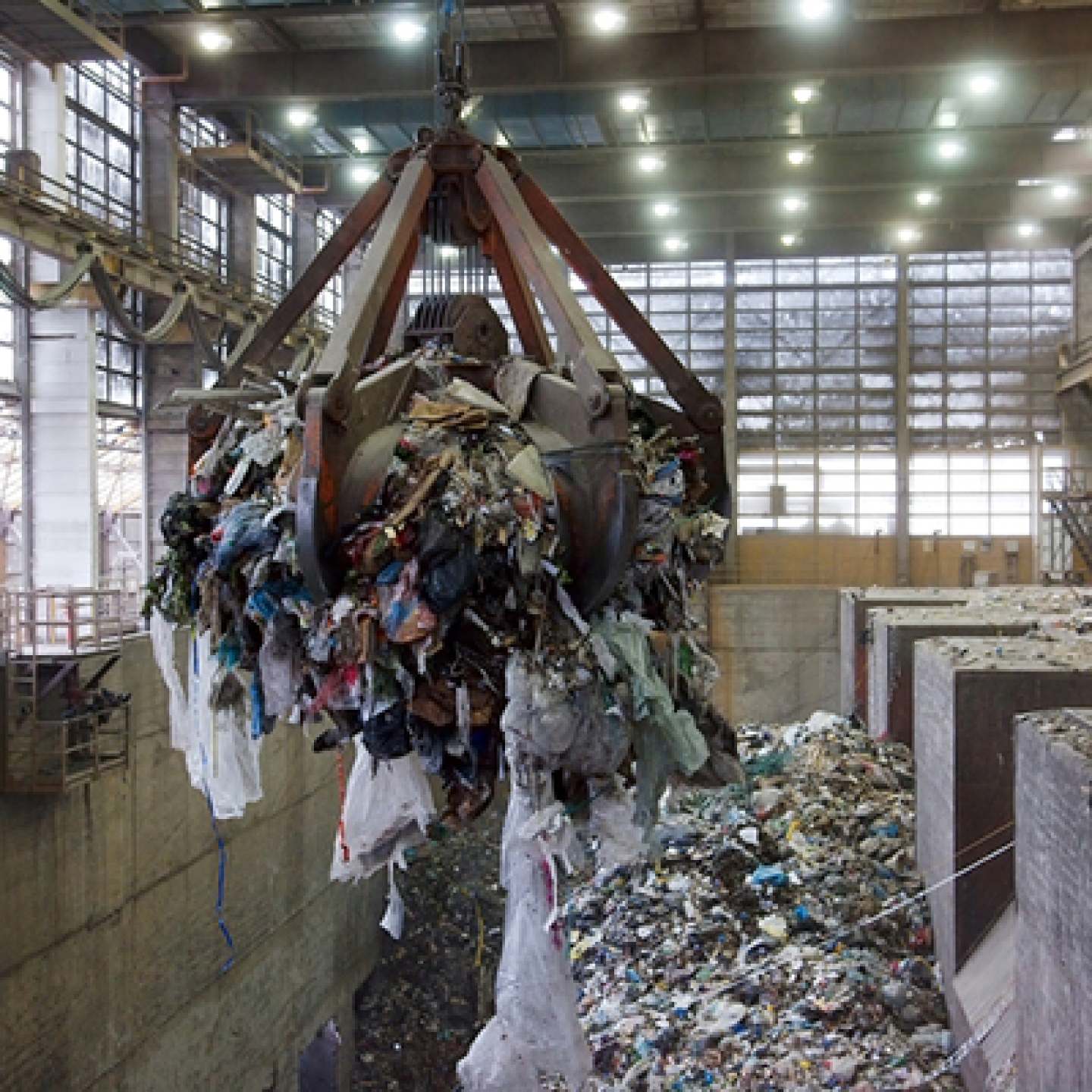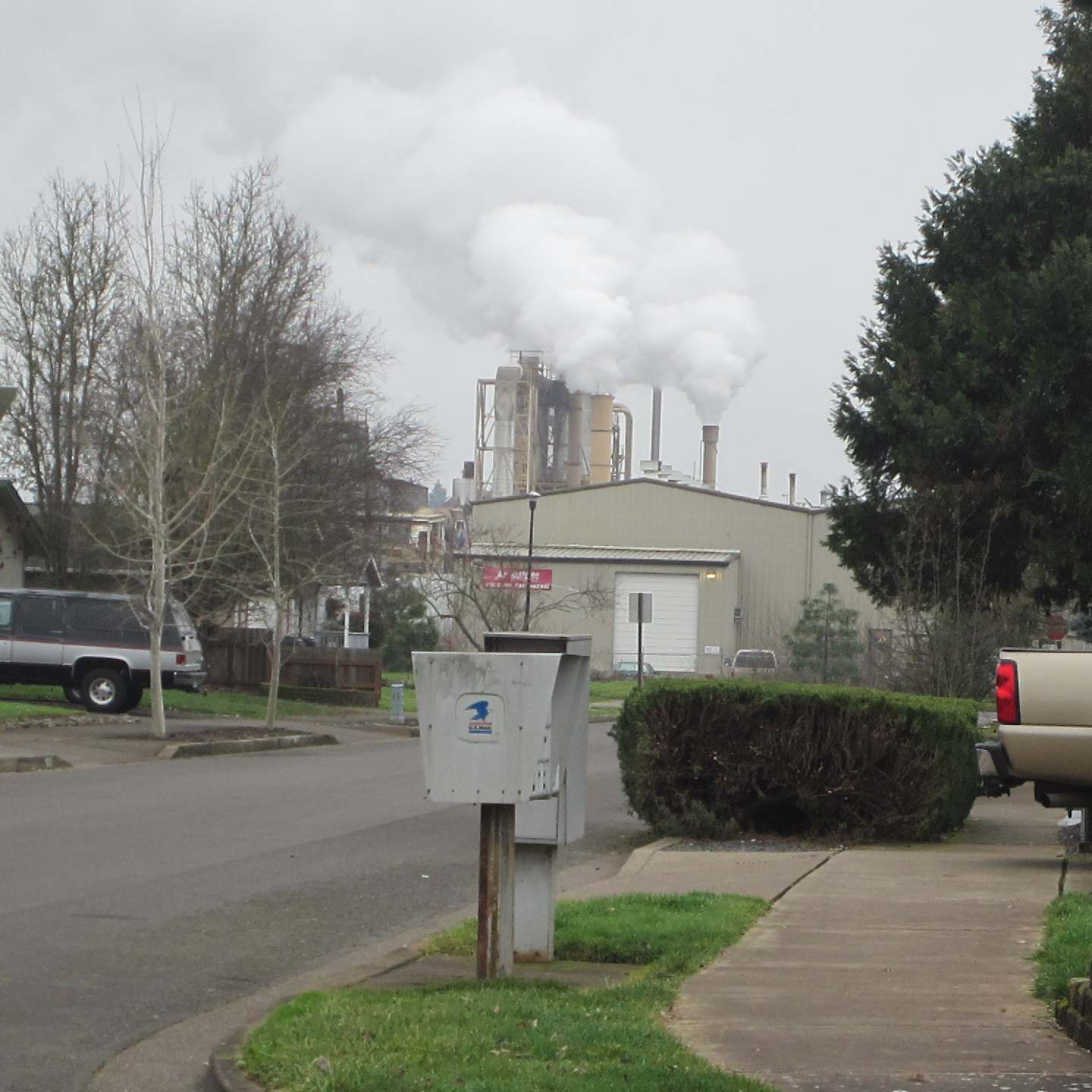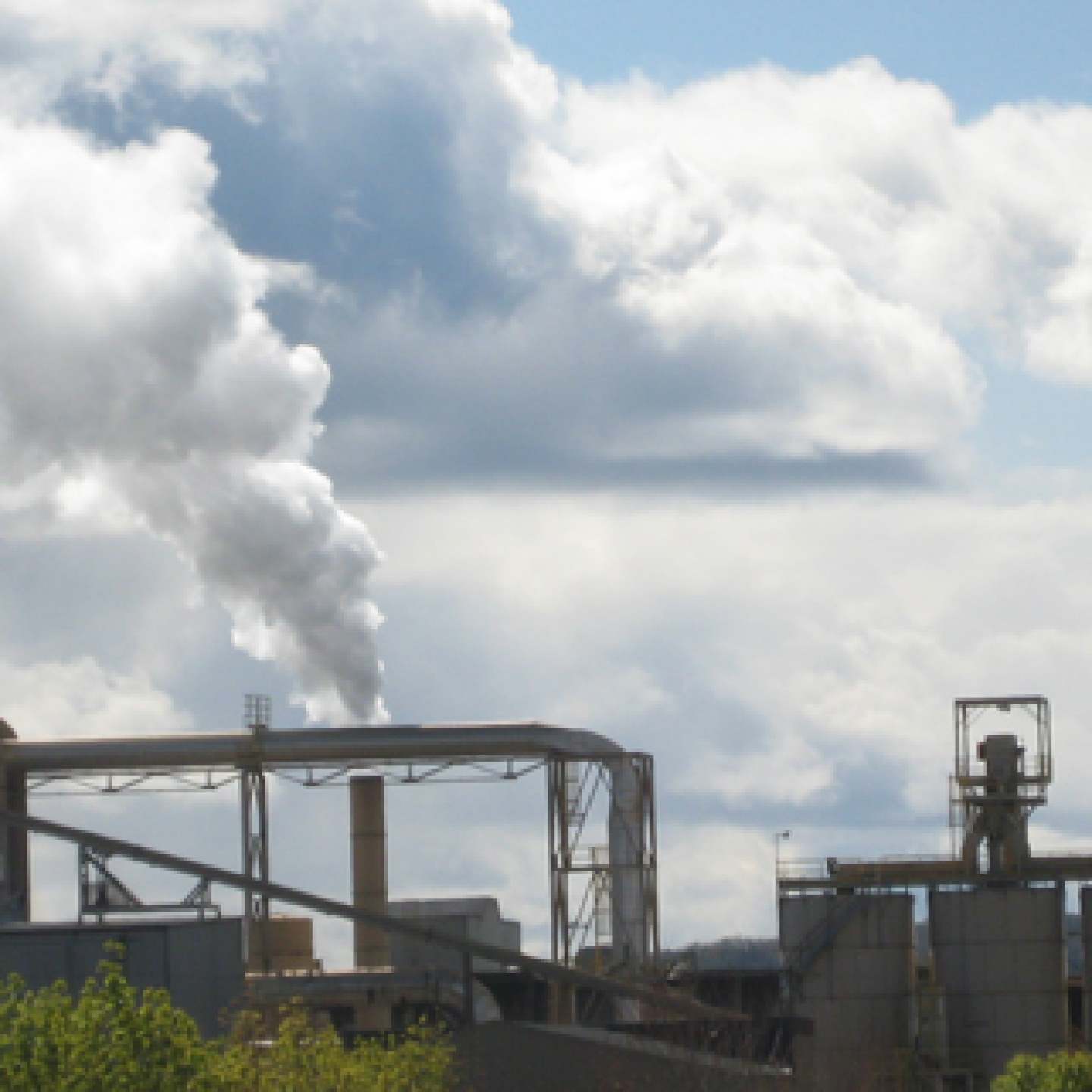The pandemic of COVID-19 exposed the truth of environmental injustices. People of color have more underlying and serious health conditions,…
A right to clean air
Do you wonder how polluted the air you are breathing is? The fact is, the quality of our local air…
Trashy and Tricky
Have you noticed the red and white emissions stack to the east of I-5, just north of Salem? That is…
Air Toxics are Unreported, thus Unaccounted
Portland Clean Air is releasing today a new report calling into question the validity of Oregon’s air permitting system. The…
Regulating air for community health - a new concept in Oregon?
Governor Kate Brown initiated the Cleaner Air Oregon campaign after state agencies discovered that glass makers were the source of…
Oregon needs local toxics-reporting laws
It's important to know when you're being poisoned by industrial toxic discharges, whether to air, water or land. Some would…
